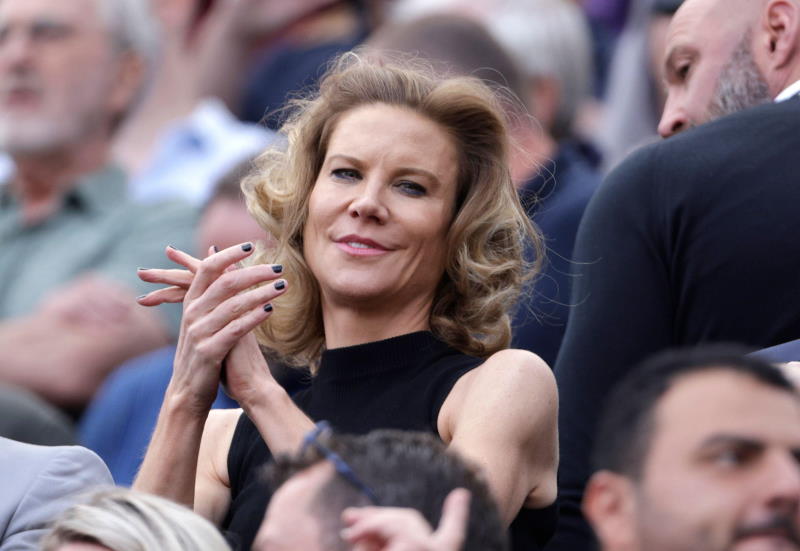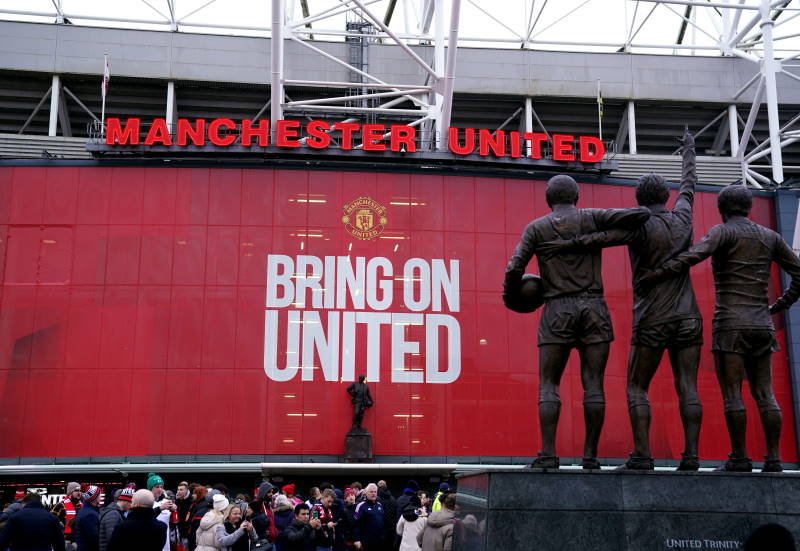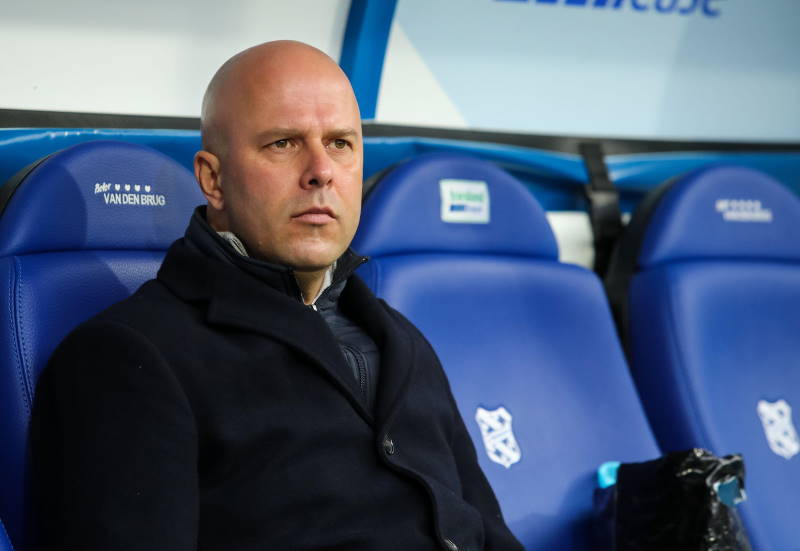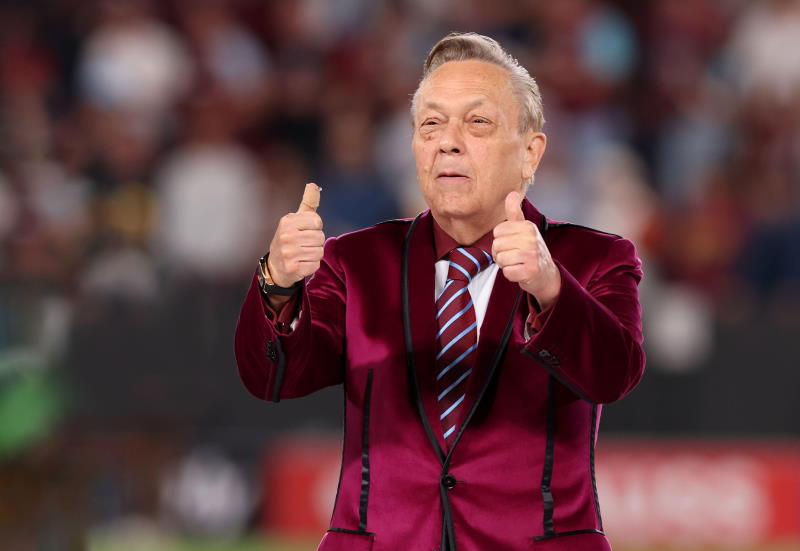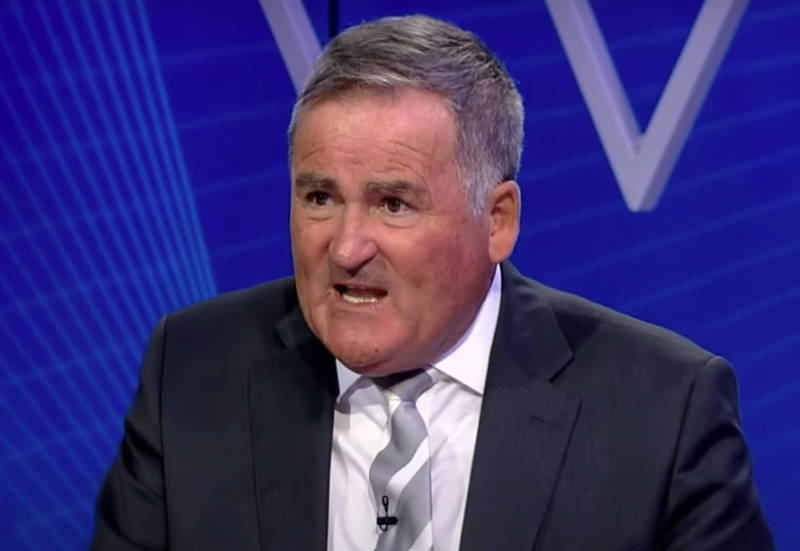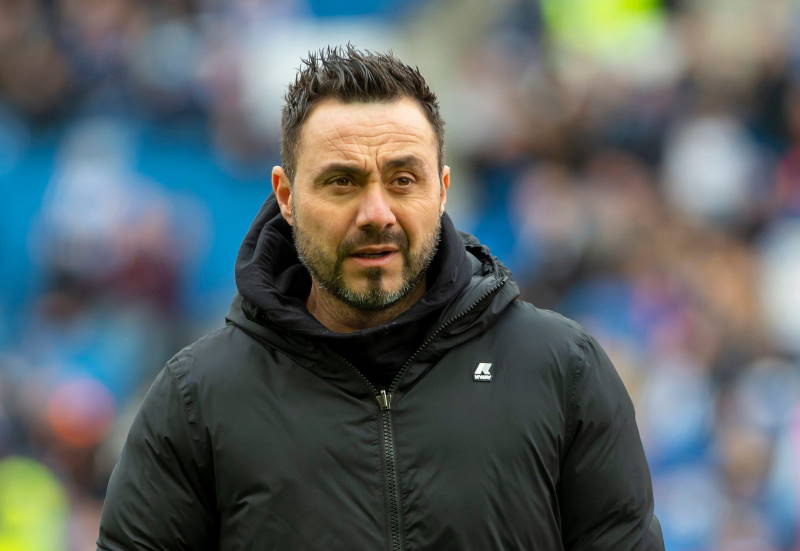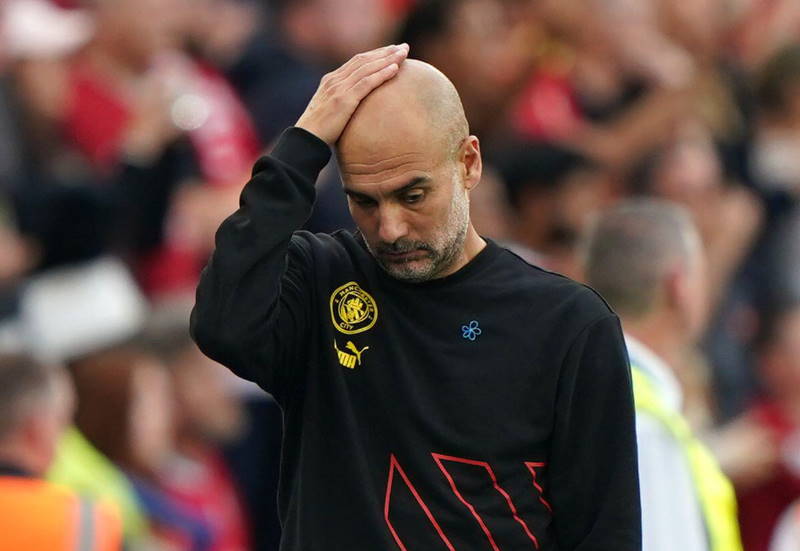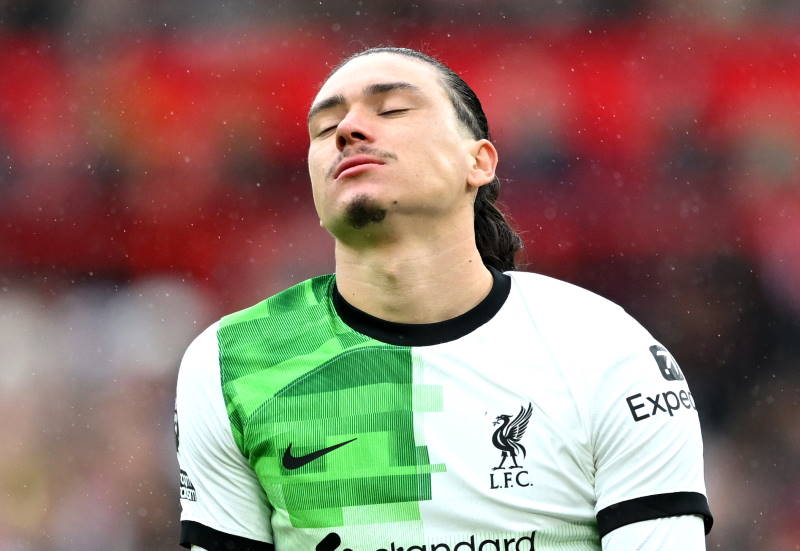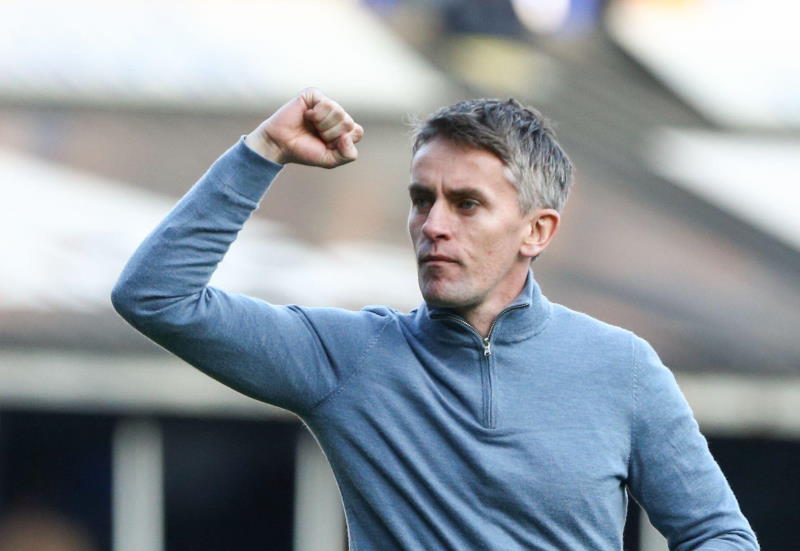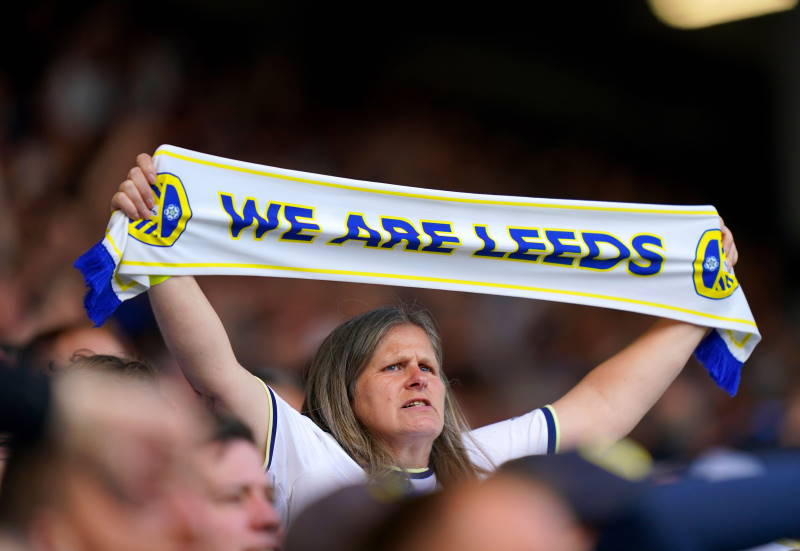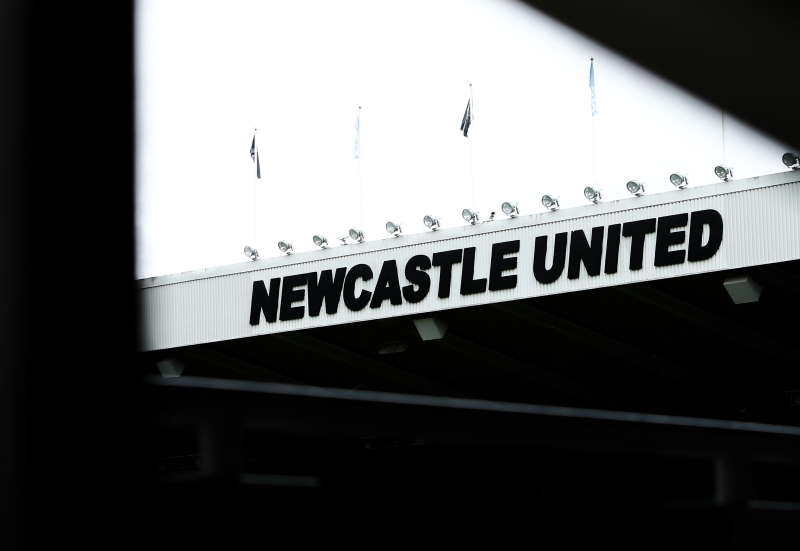
Over the last two seasons Dynamo Kyiv have found themselves at most of the major and dramatic stories in Ukrainian football. Usually, when substantial changes are implemented at a club it is to achieve better results, ultimately leading to success; unfortunately at Dynamo a completely different situation has been played out.
In 2009, Russian coach Yuri Semin left Dynamo to become the new Lokomotiv Moscow manager. Despite much good work in Kyiv, having improved the club’s style of play and results, reaching a UEFA Cup semi-final in the process, the former Lokomotiv player could not resist the call of home. Yet there was cause to hope that Semin’s replacement, Valery Gazzayev, would be able to continue his predecessor’s good work; after all, Gazzayev had led CSKA Moscow to the UEFA Cup in 2005 and won the Russian league three times too. However, the 56-year-old could not build on Semin’s work and was not even able to topple Shakhtar Donetsk to win the Ukrainian title, to say nothing of Champions League or Europa League success. Indeed, the two seasons since Semin left have been ones of complete failure for the Kyiv giants as Gazzayev’s changes came to nothing.
When the Russian stepped down in October 2010, Semin was the first name uttered by Dynamo President Ihor Surkis and this was echoed by the club’s fans. Despite Oleh Luzhnyi taking charge as interim boss, most understood there was little chance of the former Arsenal player becoming the team’s head coach; Semin and Dynamo were just waiting for the winter break.
Semin’s first words upon returning to Kyiv in late December were a vigorous defence of his old friend Gazzayev, stating that those who blamed the former CSKA boss for the side’s failures were wrong. While Gazzayev did not achieve success, mitigating factors were floated: Shakhtar Donetsk had become unbelievably strong, a real European giant; Metalist Kharkiv, Dnipro Dnipropetrovsk and Karpaty Lviv too had turned into dangerous opponents, well capable of taking points from Dynamo. In short, success was now harder to achieve.
And while Gazzayev brought through a number of youngsters and nurtured them, handing them experience not just at home, but in Europe too, these players needed time and in the pressure cooker of Ukraine’s most successful club, time was the one thing even the coach could not give them. Nevertheless, the Russian’s work in this regard seems set to benefit his friend Semin. Indeed, in many ways, the situation Semin inherits from Gazzayev is better than that which he himself inherited upon his first arrival in Kyiv.
Semin now has six months to find the hidden resources Gazzayev has bequeathed him and start the second half of the domestic season with the right mentality. While catching Shakhtar, who hold a 12-point lead in the league, is impossible, Dynamo must shape up to hold off the challenge of Metalist and Dnipro to take second spot. Semin also takes over a side still involved in Europe, with a Europa League encounter against Besiktas soon to come.
The streets of Kyiv are now alive with the question ‘will Semin succeed?’ and there is no consensus. While the Russian produced the goods first time around, the calls for a truly foreign coach to match Shakhtar’s Mircea Lucescu, who has built his team around Brazilian talent, stare out from newspaper headlines. Yet a core of the Dynamo faithful believe Semin understands the Kyiv giants in a way a foreign coach could never. Semin knows the mentality of Dynamo, a mentality which is strictly Ukrainian, in distinct contrast to Shakhtar, who were transformed with a European outlook by billionaire owner Rinat Ahmetov; the argument goes that it is this which allows Lucescu to succeed in his approach.
Semin will not institute wholesale changes at the club. Questioned on new purchases during the winter transfer window, the 63-year-old laughed and stated that he believes the Kyiv club are as strong as ever; they just need time to prove it. The former Lokomotiv boss will move for fresh faces in the summer, but only if stars like Badr El Kaddouri, the Moroccan full back, midfielders Oleh Gusev and Milos Ninkovic do not rediscover their form. Currently Semin has taken 32 players to the club’s training camp in Israel, the majority of the young talents selected by Semin himself two years ago and more by Gazzayev just 12 months later. The coach is keen that youngsters from Dynamo’s second team receive the opportunity to impress first; his faith in youth is absolute. Dynamo, as much as Spartak Moscow in Russia, still prefer a home-grown base rather than raiding foreign markets. Dynamo always have been, just like Spartak, the "people’s team" and continue to strive to identify with their support.
Whether or not Semin can repeat the heroics of his first stint in the dugout remain to be seen, but he can count on the players’ support. Andriy Shevchenko was one of the first to welcome Semin back. "All the players just adore Yuri Semin", explained Shevchenko. "There is nothing that anyone can say against him as his previous work proved he is capable of bringing victories back to Dynamo."
Semin’s rival at Shakhtar, Mircea Lucescu, does not quite see things that way though, stating that he for one would never return to a previous club at which he had enjoyed success as miracles are quickly expected.
Dynamo’s new boss knows all about the challenge that awaits him and would do well to ponder Lucescu’s words as he enjoys the warm Israeli sun and studies his squad. Miracles may be awaited in Kyiv, yet if an expectant public can allow Semin but six months to slip his feet under the table, the Russian is well capable of delivering and dethroning Shakhtar in 2012.

